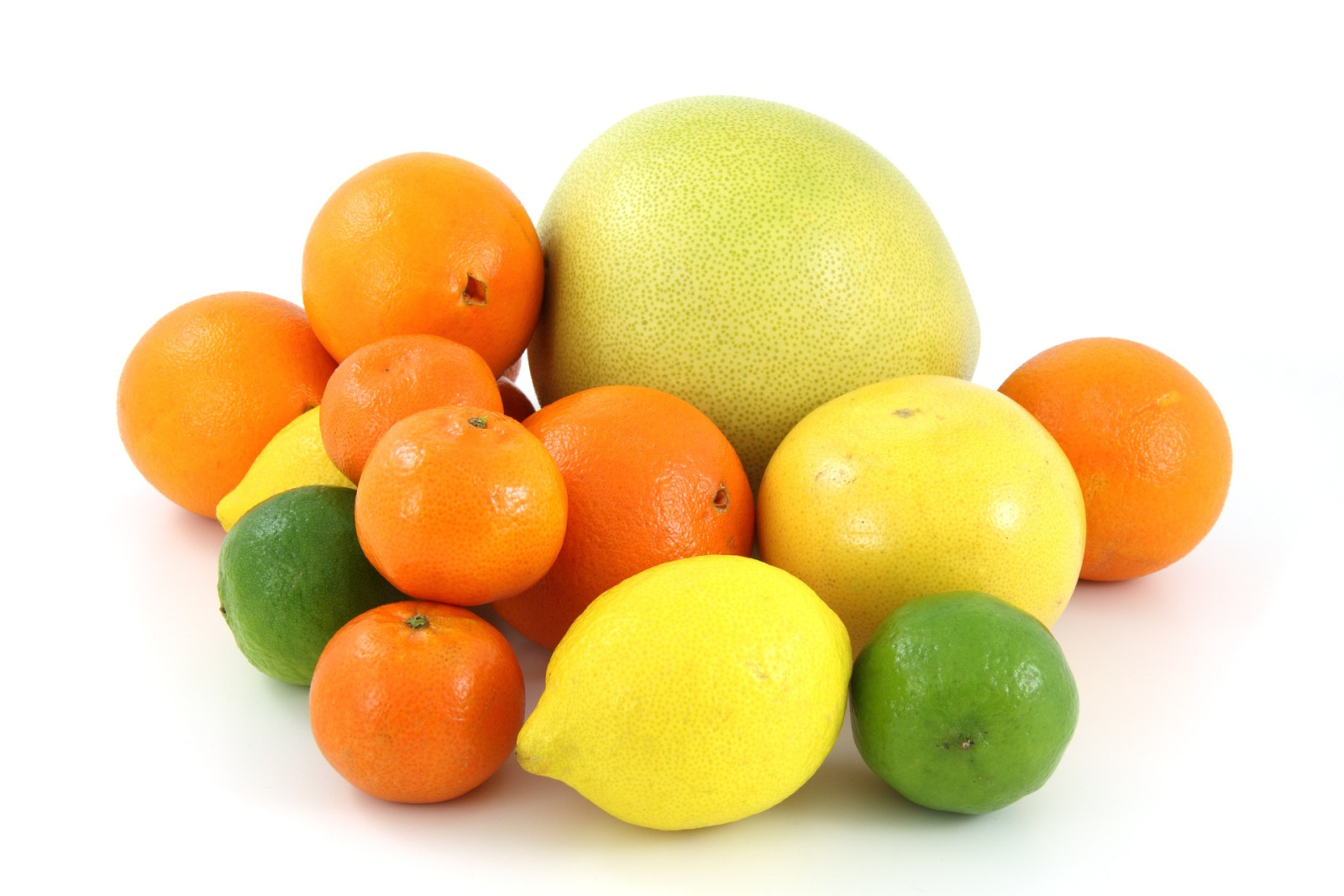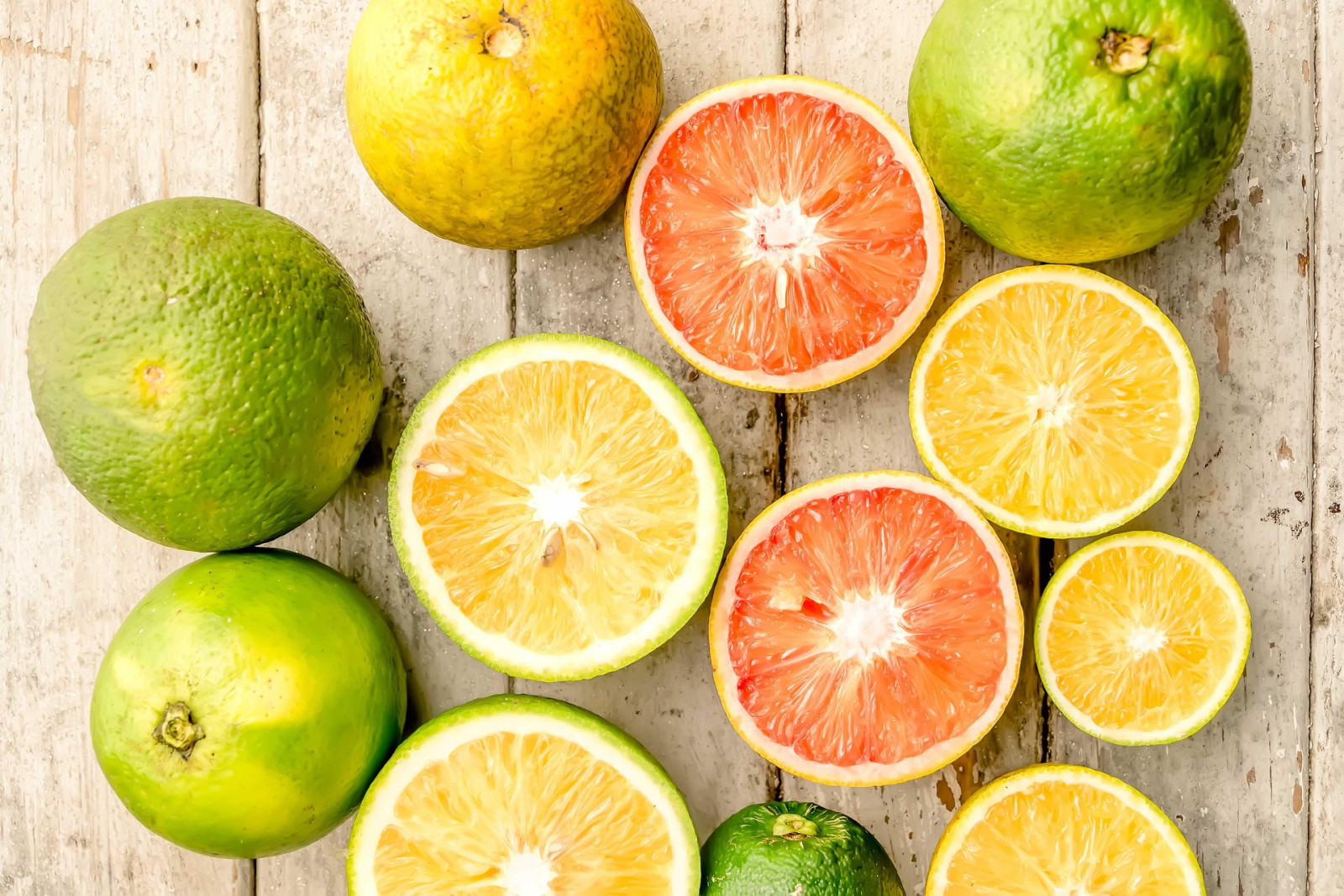Advanced Glycation End Products (AGEs) are harmful compounds that result from a series of chemical reactions between glucose and proteins. AGE end-products contain irreversible covalent cross-links, making them resistant to degradation. They accumulate in the body, leading to complications in a variety of diseases, such as diabetes, cardiovascular disease, Alzheimer's, and aging.
AGEs are formed through a process called glycation in which sugars attach to proteins, fats, and other molecules. This process is natural and happens in our body, but environmental factors can also increase the formation of AGEs. Heat and dry cooking methods like grilling, frying, and roasting, particularly at high temperatures such as over 121 °C (249.8 °F), can lead to an increased production of AGEs.
Glycation and the formation of AGEs occur within the body as part of normal metabolism, but it can also occur through environmental factors such as cigarette smoke and air pollution. AGEs can also be found in some foods. Foods that are high in protein and fat tend to form more AGEs than other foods. Some foods to watch out for include:
- Grilled, fried, or roasted animal products such as bacon and steak
- Processed meat products like sausage and deli meats
- Fried foods such as French fries and potato chips
- High-fat dairy products such as cheese and butter
- Baked goods such as cookies, pastries, and cakes
AGEs can have several harmful effects on the body. They contribute to the ageing process by reducing the elasticity and flexibility of connective tissues, leading to wrinkles in the skin. They also damage proteins in the body, impairing their normal function. AGEs can also increase the risk of cardiovascular disease by causing stiffening of blood vessels and impairing artery function. AGEs can also lead to complications related to diabetes, including kidney disease and nerve problems.
Reducing the intake of food that contains AGEs and cooking methods that create AGEs in food can help lower the amount that accumulates in the body. Eating a diet rich in fruits, vegetables, whole grains, and lean protein sources can provide antioxidants and other beneficial compounds that help reduce the buildup of AGEs in the body.
Advanced glycation end products (AGEs) are harmful compounds that are formed when sugars attach to proteins and other molecules. AGEs are formed naturally in the body but can also be formed through environmental factors such as heat, dry cooking methods, cigarette smoke, and air pollution. AGEs can cause a variety of harmful effects in the body, including contributing to the aging process, increasing the risk of cardiovascular disease, and leading to complications related to diabetes. Reducing intake of foods high in AGEs and cooking methods that create them can help reduce their accumulation in the body.
My blogs contain some affiliate links.
Any purchase made is a blessing to my family at no extra cost to you!
Thank you for supporting us!


Citrus fruits, including oranges, grapefruit, lemons, and limes, are packed with vitamins, minerals, and other nutrients that offer a variety of health benefits. One of these benefits is their potent anti-inflammatory properties. Inflammation is a natural process in the body that helps protect against infection and injury, but long-term inflammation can lead to chronic diseases such as arthritis, heart disease, and cancer. Citrus fruits contain several compounds that have demonstrated anti-inflammatory effects.
One of the key components in citrus fruits is vitamin C, a powerful antioxidant that can reduce inflammation in the body. Vitamin C can help neutralize free radicals, which can cause inflammation and damage to cells. A study published in the journal Antioxidants in 2020 found that vitamin C supplementation reduced inflammation markers in overweight and obese individuals.
Another important component in citrus fruits is flavonoids, which are a type of polyphenol. Flavonoids have been shown to have anti-inflammatory effects by reducing the production of pro-inflammatory cytokines and other mediators. A study published in the Journal of Nutrition in 2014 found that consuming flavonoid-rich foods, including citrus fruits, reduced inflammation in healthy women.
Citrus fruits also contain carotenoids, which are another type of antioxidant. Carotenoids are found in the colorful pigments of citrus fruits and can have anti-inflammatory effects. A study published in the American Journal of Clinical Nutrition in 2006 found that higher intake of carotenoids was associated with lower levels of inflammation markers in middle-aged women.
In addition to reducing inflammation, citrus fruits have been found to improve several other aspects of health. A study published in the Journal of Nutrition in 2019 found that consuming citrus fruit juice reduced blood pressure and improved cholesterol levels in adults with hypertension. Another study published in the journal Nutrients in 2018 found that consuming citrus fruits improved cognitive function in older adults.
Citrus fruits are a delicious and nutritious food that can offer a range of health benefits, including potent anti-inflammatory properties. The vitamin C, flavonoids, and carotenoids found in citrus fruits can help reduce inflammation in the body, which may help prevent chronic diseases. By incorporating citrus fruits into a balanced and healthy diet, you can improve your overall health and well-being.
My blogs contain some affiliate links.
Any purchase made is a blessing to my family at no extra cost to you!
Thank you for supporting us!


Citrus essential oils, including lemon, lime, grapefruit, and orange, are a popular choice for aromatherapy and other natural health treatments. These oils are extracted from the peels of citrus fruits and contain several beneficial compounds, including antioxidants and anti-inflammatory agents. When used properly, citrus essential oils can help reduce inflammation and boost overall health and well-being.
One of the main components of citrus essential oils is limonene, which has been shown to have potent anti-inflammatory effects. Limonene is a terpene that is found in the peel of many citrus fruits and has been shown to reduce the production of pro-inflammatory cytokines and other markers of inflammation. A study published in the Journal of Agricultural and Food Chemistry in 2019 found that limonene reduced inflammation in the liver of mice with non-alcoholic fatty liver disease.
Another important compound found in citrus essential oils is citral, which is found in lemongrass and other citrus plants. Citral has been found to have anti-inflammatory effects by reducing the production of nitric oxide and other pro-inflammatory mediators. A study published in the Journal of Pharmacy and Pharmacology in 2012 found that citral reduced inflammation in the paws of rats with arthritis.
In addition to their anti-inflammatory properties, citrus essential oils have been found to have several other health benefits. Lemon essential oil, for example, has been shown to have antioxidant and antibacterial effects, making it a popular choice for natural cleaning products and skincare treatments. Grapefruit essential oil has been found to improve metabolism and aid in weight loss, while orange essential oil has been found to reduce anxiety and promote relaxation.
When using citrus essential oils, it is important to follow proper safety precautions and use high-quality, premium oils. Some oils may be phototoxic, meaning that they can cause skin irritation or sensitivity when exposed to sunlight. It is also important to dilute the oils properly and never apply them directly to the skin before exposure to the sun. When needed, mix with a carrier oil.
Citrus essential oils are a natural and safe way to reduce inflammation and promote overall health and well-being. The anti-inflammatory effects of limonene and citral are a promising choice for those with chronic inflammation and related conditions, such as arthritis, asthma, and allergies. By using citrus essential oils properly and responsibly, individuals can harness their many health benefits and improve their quality of life.
My blogs contain some affiliate links.
Any purchase made is a blessing to my family at no extra cost to you!
Thank you for supporting us!

Antioxidants are compounds that play a vital role in reducing inflammation in the body. Inflammation is a natural process in response to an injury or infection. However, chronic inflammation can lead to many health problems, such as heart disease, cancer, and autoimmune disorders. Antioxidants work by neutralizing free radicals, which are harmful molecules that cause oxidative stress and inflammation. Let's explore how antioxidants reduce inflammation and how they can be incorporated into your diet.
One of the main ways that antioxidants reduce inflammation is by neutralizing free radicals. Free radicals are unstable molecules that can cause damage to cells by attacking and destroying healthy DNA, proteins, and lipids. This damage leads to inflammation and a range of health problems, including heart disease, cancer, and Alzheimer's disease. When antioxidants are introduced into the body, they counteract the effects of free radicals by donating an electron, which stabilizes them and helps prevent further damage.
Another way that antioxidants reduce inflammation is by inhibiting inflammatory pathways in the body. Inflammatory pathways are molecular pathways that activate immune cells to release cytokines, which are proteins that cause inflammation. Studies have shown that some antioxidants, such as curcumin, found in turmeric and resveratrol, found in grapes and red wine, interfere with these pathways. This interference can reduce the production of cytokines, leading to reduced inflammation in the body.
Antioxidants also reduce inflammation by protecting against oxidative stress. Oxidative stress is a condition in which there is an imbalance between free radicals and the body's ability to neutralize them using antioxidants. It can cause cellular damage, which leads to inflammation. Antioxidants protect cells from oxidative stress by neutralizing free radicals, which prevents cellular damage and lowers inflammation levels.
So, how can you incorporate antioxidants into your diet to reduce inflammation? Here are some tips:
- Eat a diet rich in fruits and vegetables. Fruits and vegetables such as berries, spinach, broccoli, kale, and sweet potatoes are rich in antioxidants, including vitamins C and E, beta-carotene, and selenium.
- Add herbs and spices to your meals. Herbs and spices such as turmeric, ginger, garlic, and cinnamon contain antioxidants that can help reduce inflammation.
- Eat nuts and seeds. Nuts and seeds such as almonds, walnuts, and chia seeds are rich in antioxidants, including vitamin E and selenium.
- Consider taking supplements. Some people may struggle to get enough antioxidants in their diet and may benefit from taking supplements. My favorite is this.
Antioxidants are essential in reducing inflammation in the body. They work by neutralizing free radicals, inhibiting inflammatory pathways, and protecting against oxidative stress. To incorporate antioxidants into your diet, focus on eating whole foods such as fruits and vegetables, adding herbs and spices to your meals, and drinking tea. Consider taking supplements if necessary, and always speak to a healthcare professional before making significant dietary changes.
My blogs contain some affiliate links.
Any purchase made is a blessing to my family at no extra cost to you!
Thank you for supporting us!


We’re all familiar with that nagging feeling—you know, when you feel like you just can’t get enough of something? Well, for some people, this feeling is a lot more intense than it is for others. Those individuals may be suffering from food addiction and toxic hunger. So, what exactly is toxic hunger and how can we tame it? Let's take a closer look.
What Is Toxic Hunger?
Toxic hunger is a condition in which an individual experiences an uncontrollable craving for food and it can be due to not receiving enough nutrients or an addiction to certain foods or substances. It’s not uncommon for those who suffer from food addiction to experience cravings even after eating a full meal or snack. Toxic hunger can also lead to binging on large amounts of food in order to satisfy the craving. In addition, many people who suffer from food addiction will eat even when they are not hungry.
The Causes of Food Addiction
Food addiction has several possible causes including genetics, mental health issues such as depression or anxiety, and environmental factors such as stress or peer pressure. Additionally, the rewarding effects of certain foods can lead individuals to seek out these foods repeatedly in order to experience pleasure and relief from their cravings. Unfortunately, this often leads to unhealthy eating patterns which can result in weight gain and other physical health issues over time.
Tips for Taming Toxic Hunger
The first step in taming toxic hunger is recognizing that you have an issue with food addiction—that your cravings are out of control and disrupting your life. Once you’ve identified the problem, there are several steps you can take to manage it:
1) Identify your triggers – Figure out what situations cause your cravings so that you can avoid them or find healthier ways of coping with them; 2) Eat nutritious meals – Make sure that the meals you eat are nourishing and balanced so that your body receives all the nutrients it needs; 3) Get plenty of sleep – Lack of sleep has been linked to increased cravings; 4) Exercise regularly – Regular physical activity helps reduce stress levels while boosting endorphins;
5) Seek professional help – If necessary, seek out professional help from a therapist or nutritionist who specialize in treating food addiction and toxic hunger.
Toxic hunger can be a dangerous condition if left untreated but there are steps we can take towards taming it. By identifying our triggers, eating nutritious meals, getting enough sleep, exercising regularly, and seeking professional help if needed—we can learn how to manage our cravings in healthy ways that don’t involve binging on large amounts of unhealthy foods. As holistic moms we understand that every individual’s needs are different when it comes to tackling issues related to food addiction but with patience and understanding we can make positive changes together!
For more, check out: What is Toxic Hunger and How Can I Stop It?
My blogs contain some affiliate links.
Any purchase made is a blessing to my family at no extra cost to you!
Thank you for supporting us!



